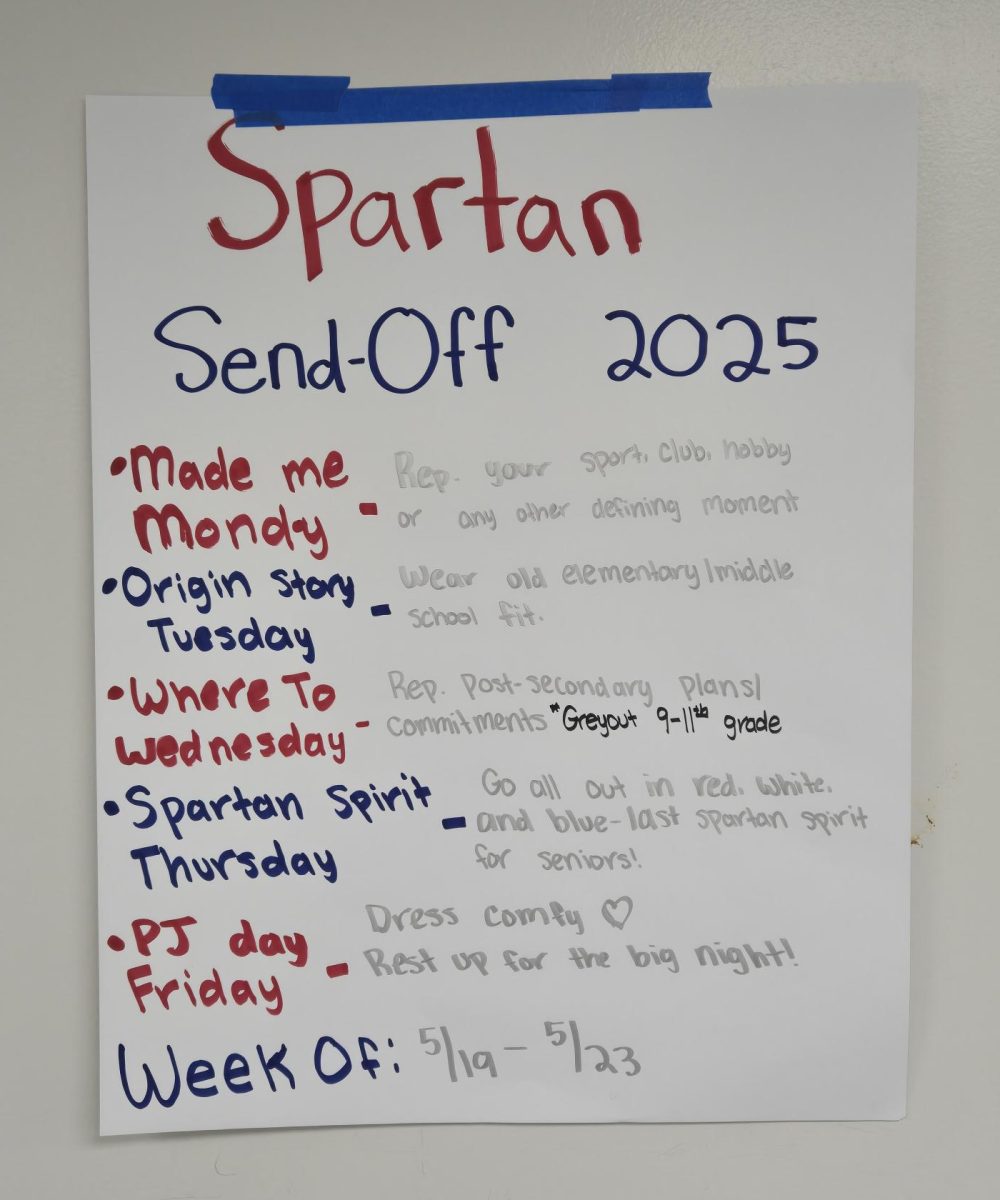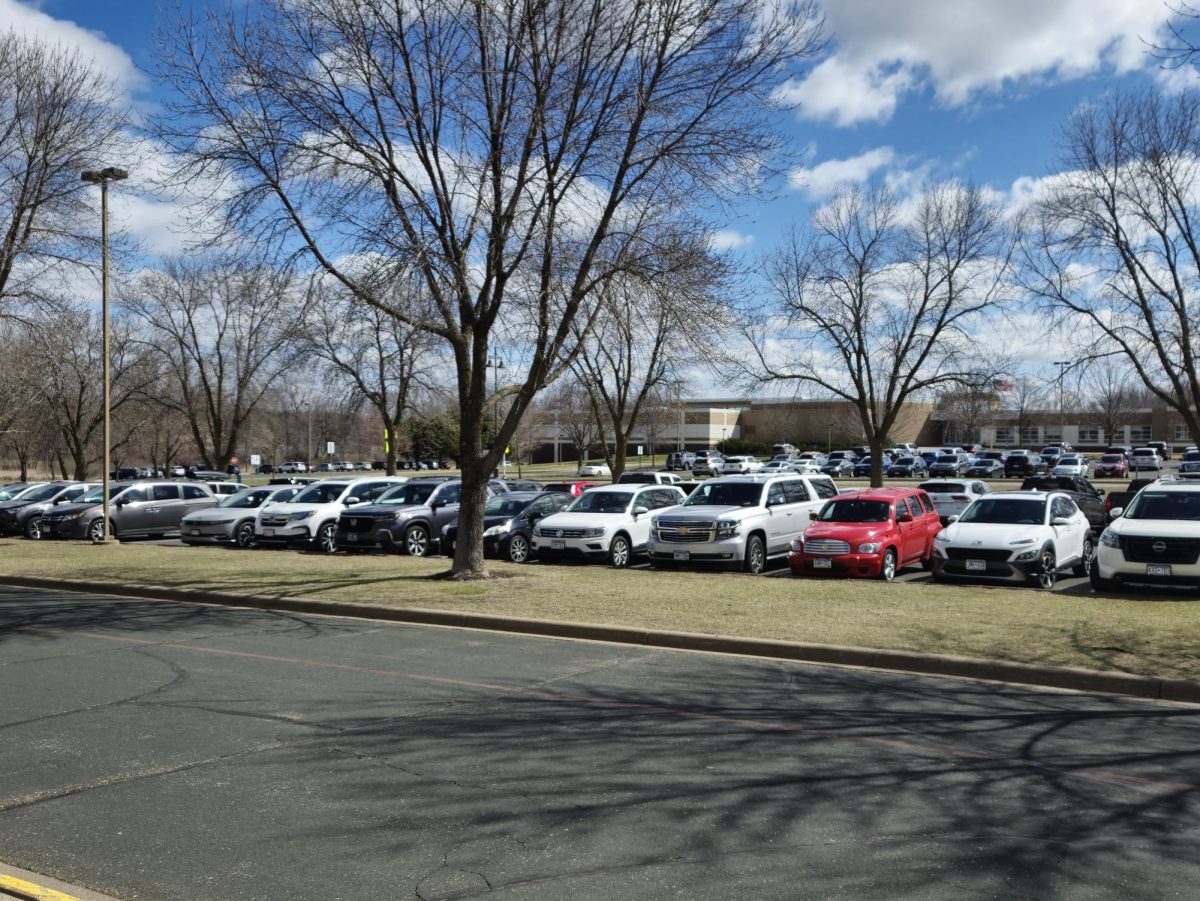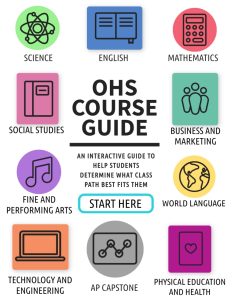Students stressing about college majors for unnecessary reasons
April 24, 2014
Increased selectivity in college admissions has elevated the pressure on students to decide what they want to do when they get accepted to a college.
“I felt pressure to pick a college major from a really young age,” junior Kerri Penke said.
Many other students in their late high school and early college years feel the same stress to decide what they want to do when they enter the workforce.
The pressure to pick a major from parents, teachers, and guidance counselors may seem overwhelming, however, quite often, taking the time to pick a major pays off.
“My parents kind of pressured me into… find[ing] a college… and I convinced myself that I couldn’t find a college unless I knew what I wanted to do once I got there,” Penke said.
Realistically, only a few majors require students to start working towards that major their freshman year. These majors are typically in education, engineering, music and similar fields.
Often, even majors like education and engineering can be switched if the student changes his or her mind.
According to the National Resource Center for the Freshmen Year Experience, 50-60 percent of declared majors change their major after they get to school.
“If I changed my major, I would feel like I kind of betrayed the commitment I made to the school when I said I wanted to do that major,” said Penke.
Additionally, according to the University of Wisconsin-Madison, most careers don’t require a specific major.
One of the biggest mistakes that a student can make when choosing a major is deciding too early.
“Many students feel under pressure to declare a major,” according to the U.S. News & World Report. The same article advises students to “remain undecided for at least the first year of college.”
“I kind of want to know what I’m going to do, and now that I’m looking at colleges, it’s kind of like ‘what program is really good?’ That’s why I feel pressure to pick a major,” junior Ellie Maddock said.
Other common mistakes include: deciding a major before taking advanced courses in that concentration, choosing a major to please someone else, picking a major because it may lead to a high-paying job and piling on multiple majors.
College applicants also wonder about how their major (or lack of a decided major) might affect their college application.
According to the U.S. News & World Report, liberal arts programs actually want students who are undecided.
Being undecided about one’s major can actually “make the college process easier” according to Nancy Meislahn, dean of admissions and financial aide at Wesleyan University.
For prospective college students stressing over their future major, it is okay to remain undecided until at least sophomore year of college. Similarly, already decided students should keep their minds open to new possibilities.



























































